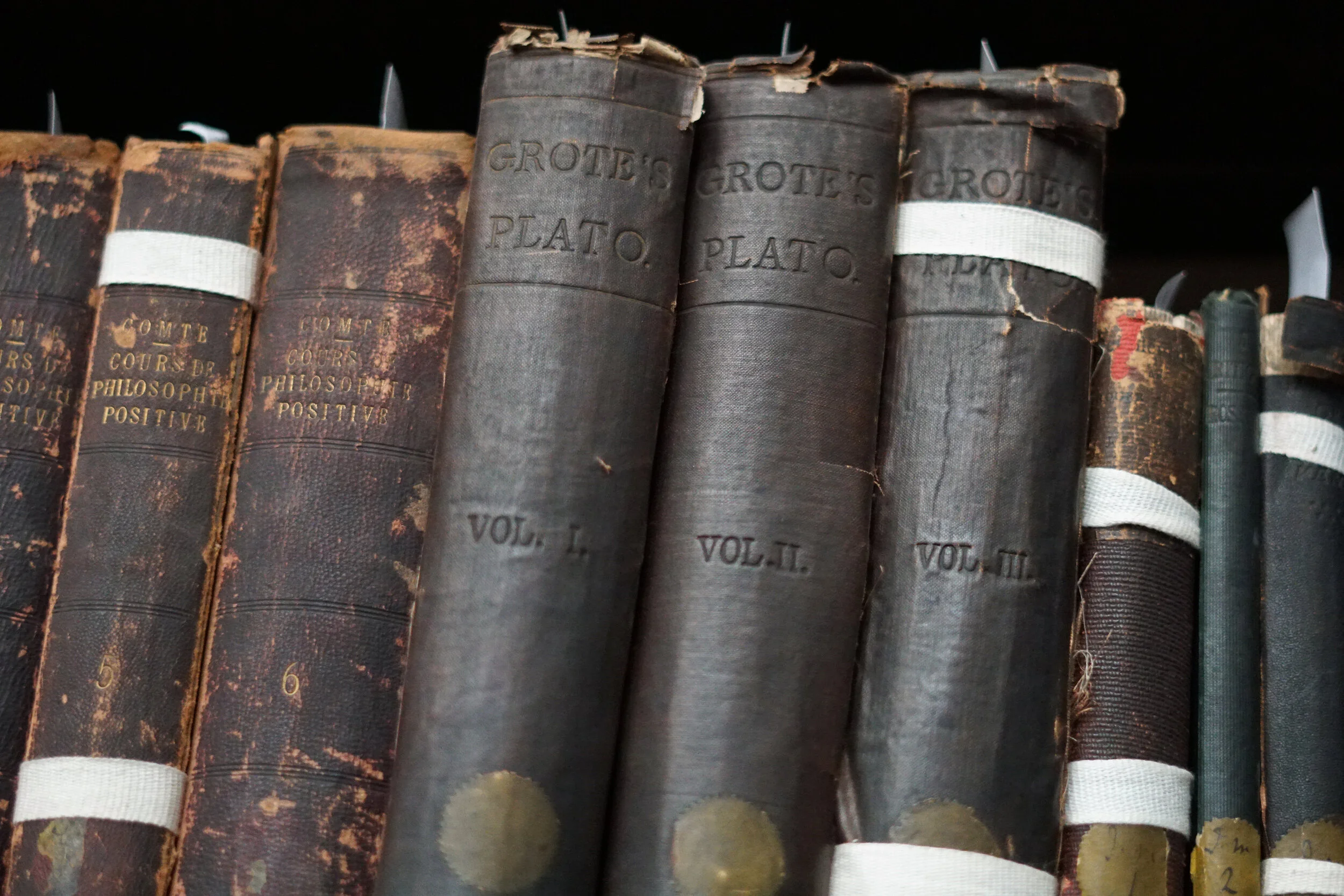
Off the Shelf
Adventures and misadventures in a 19th-century library
The story of how the new independent publisher Fox and Windmill Press came into being and the importance of place in identity by co-founder Habiba Desai.
Memoir-writer, novelist, poet, and short-story writer Catherine Simpson reflects on the life story which has led her to publish three books.
First-time published author Zara Sehar reflects on her experience of writing, reading and what it means to rewrite the north.
Arguably, crime writing in the North West begins with Manchester-born Thomas De Quincey’s 1827 essay ‘On Murder Considered as One of the Fine Arts’, which has heavily influenced murder mysteries from the early nineteenth century until the current day.
I don’t remember knowingly reading, either as a child or as a young adult, specifically Northern writing, but for as long as I can remember I was always conscious of being northern, and that this was a Good Thing.
by Myna Trustram
On the train on my way to the library I read a review of Ariel Levy’s memoir, The Rules Do Not Apply (2017). She describes a writing assignment in Mongolia, where alone in a hotel room she miscarried, and held in her hand her five-month foetus son as he died.
By Hope Strickland.
The Caribbean Society in Manchester run a series of holidays spread across the year. Some will be small trips to Blackpool, the Highlands or a stately home. Once or twice a year they travel to a sun-soaked destination abroad: a cruise maybe or a five-star hotel by the beach. My Grandma, Ina, organises these trips from her kitchen in Northenden…
By Nicola Dale and Adam Smyth
Since 2019 I have been collaborating with Adam Smyth to research and develop a new body of work. Our focus is an 1813 copy of Ovid’s The Art of Love. At first glance, The Art of Love does not seem particularly unusual for its time. It is leather bound, marbled and gilded…
By Aoife Larkin
As an Irish person living in England, it is sometimes presumed that I am an expert in Irish history and culture. I suppose I have the same degree of authoritative knowledge as the average English person has on English history. However, I have read and explored Irish history with more vigour since living in Manchester…
By Alex Boswell with Sarah Hill
Last Autumn, two 19th-century logbooks were discovered in The Portico Library’s archives. These ‘Strangers Books’ are hand-written records of all those who visited the Library on a temporary basis between the 1830s and the 1850s. At times, the books resemble…
By Joe Fenn
Albert Camus’ 1947 novel The Plague is, understandably, receiving much renewed attention in these claustrophobic times. But Camus and his fellow existentialists – Jean Paul Sartre, Simone de Beauvoir, Martin Heidegger and others – offer more than unnervingly prescient stories of pestilence…
By Emma Marigliano and James Moss
The fantastical creatures illustrated in the 16th-century encyclopaedia Historiae Animalium have influenced countless writers and scholars through the centuries. The book’s author, Conrad Gessner, included actual and mythological animals side-by-side, including many labelled ‘monsters’…
By Alex Crumbie
Confessions of an English Ant-Eater is my first published short story and has won more prestigious awards than an ant has legs. The tale, written in verse, is based on the famous 19th Century novel by Thomas De Quincey, Confessions of an English Opium-Eater…
By Nicola Higgins
One of the many interesting projects that I've been involved with at The Portico Library is the transfer of the earliest List of Proprietors (covering the period from 1806 -1850) onto an electronic database. Working through the various members' names inspired me to find out more about the earliest members and their interests…
By Dr Esther Gómez-Sierra
The treasure trove that is The Portico holds a number of surprises for those interested in Don Quixote and its author, Miguel de Cervantes. The Library plays an intriguing part in the literary transmission of what has been considered the first and ultimate modern…
By Martin Siebert
A recent visit to the Lagoon City and its ancient buildings prompted me to search for more information in our collection. Naturally, there are over 100 relevant titles and the one I fancied — History of the Origin and Rise of the Republic of Venice by W. C. Hazlitt (1858) — was discovered in the hidden corner of the reading room…
By Alan Shelston
In Anna Marsh Caldwell’s novel of 1861, Emilia Wyndham, the heroine undergoes a sequence of misfortune: an unhappy marriage, financial disaster and the loss of her childhood home. But the worst of these is her responsibility for her elderly father who has sunk into terminal decline…
By Rev. Dr Ann Peart
Three Manchester women are included in my new book Unitarian Women: A Legacy of Dissent. Of the three, at least two have Portico connections. Elizabeth Gaskell (1810-1865), the wife of Portico Chairman the Reverend William Gaskell, is well known as a novelist…
By James Moss
The Portico’s first Secretary, Peter Mark Roget, was a physician, inventor, linguist and mathematician whose contribution to the English language is hard to overstate. His Thesaurus of English Words and Phrases has sold over 30 million copies, empowering generations…
Article submissions are welcome on an ongoing basis. For enquiries please contact prize@theportico.org.uk.




















